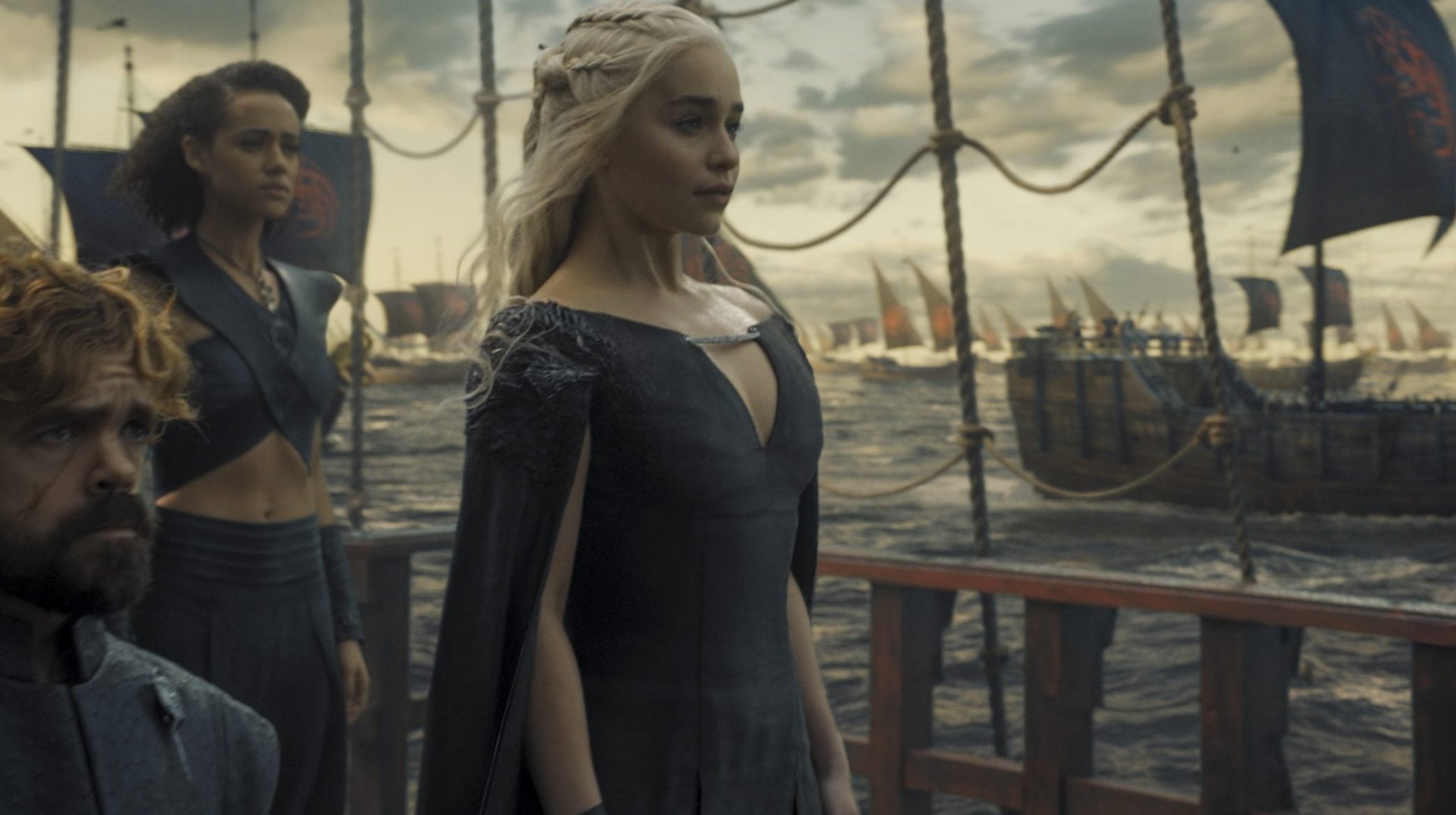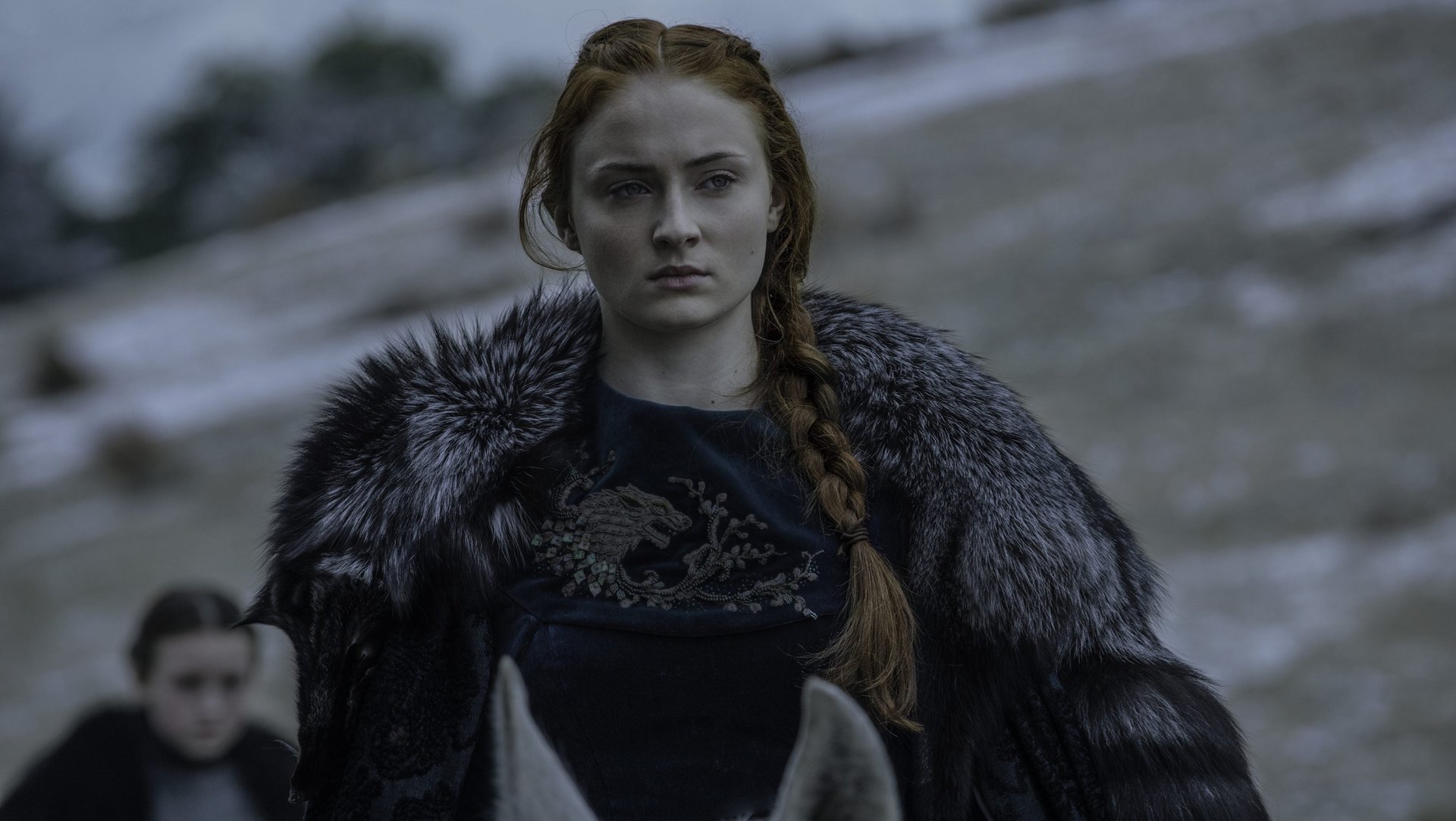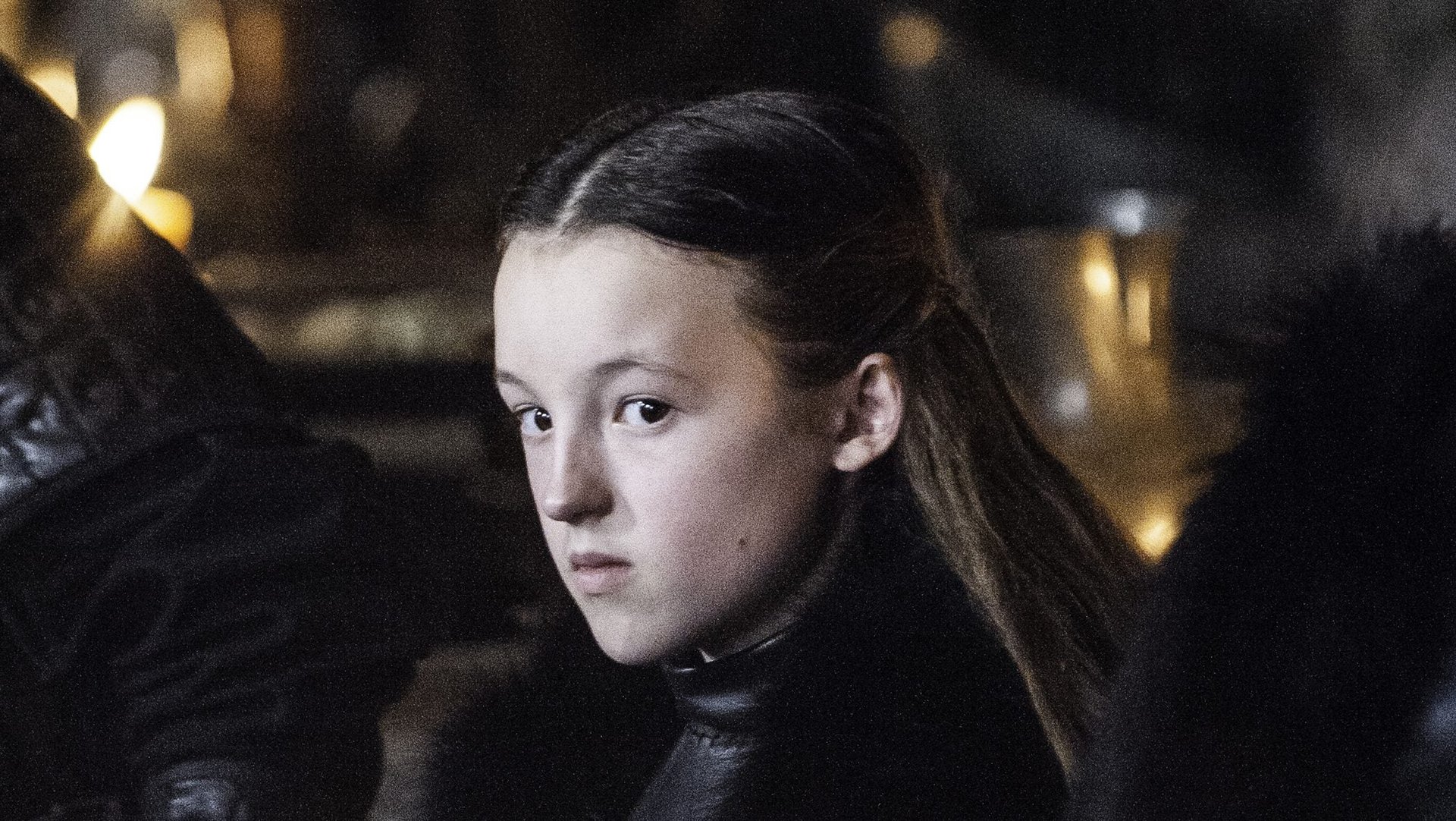“Game of Thrones”: How women really fared in the “season of women”
HBO promised that this season of Game of Thrones would be all about women.


HBO promised that this season of Game of Thrones would be all about women.
“[Women] power this season,” then HBO programming head Michael Lombardo told Entertainment Weekly before the season started. (He has since stepped down from the role.) “It’s organic to the storytelling, yet a radical shift. It’s the women that are the hope that we’re watching as the chess pieces move this season.”
The hit fantasy series has come under fire in the past for how it treats some woman characters, and while its writers insist this season of women’s empowerment was not a reaction to that criticism, it’s a smart choice regardless. One of the major themes this season was how victims can become conquerors.
But some of the show’s female characters fared far better than others. Here’s a look at how this season went for the show’s women:
Season MVP
Sansa Stark

No character better epitomized the ascendency of woman characters on Game of Thrones than Sansa. She’s been put through more emotional and physical abuse than perhaps any other character, man or woman, on television.
Some of the criticism of the show’s treatment of its woman characters stems from Ramsay Bolton’s brutal wedding-night rape of Sansa—a scene that does not appear in the books. And long before any of that ever happened, she was depicted as a vacuous teenager soliciting the approval of the evil and egomaniacal King Joffrey (who also abused her).
Things have changed quite a bit since then.
This season, Sansa gained power—both literal power and a newfound inner power. She escaped from Ramsay, formed an allegiance with Brienne of Tarth, arranged for the Knights of the Vale to save Jon Snow and his men during the Battle of the Bastards, fed Ramsay to his own hounds (and watched as they began devouring him), and rebuffed Littlefinger’s creepy advances.
Her strength came not in spite of her victimization, but because of it, in some sense. In a powerful speech to Littlefinger, she describes in vivid detail the lasting toll of the sexual abuse he subjected her to in forcing her to marry Ramsay.
Sansa also proved this season that she was smarter and more stoic than her impetuous half-brother Jon, who since being resurrected from the dead has yet to prove why exactly he should rule the North, instead of her.
MVP Runner-up
Lyanna Mormont

The Lady of Bear Island has only been in a few scenes, but she’s probably already your favorite character. The 10-year-old has displayed more toughness and insight than all the rulers of Westeros put together. She’s a natural leader, and one we hope to see a lot more of as the show enters its final stretch.
Other winners
Daenerys Targaryen
Dany began this season exactly where she was a few seasons ago—in the captivity of the Dothraki. When her captors threatened to rape (and kill) her, it looked for a moment like she’d be subjected to another season of abuse. Instead, she burns them all alive, becomes the leader of the Dothraki, liberates Slavers’ Bay with the help of some dragon fire, forges an alliance with the Greyjoys and Tyrells, and sets sail (finally!) for Westeros.
Arya Stark
You might notice a pattern forming now—female characters overcoming abuse and subjugation of all kinds to fulfill the potential that patriarchal systems had denied them. Arya was alone in the world, an orphan, separated from her surviving siblings, when she started training with the Faceless Men who, naturally, beat her, humiliated her, and (briefly) took away her eyesight. Arya ultimately decided the Faceless ways were not for her, but she took what she learned in training and returned to Westeros, where she swiftly assassinated the chief architect of her mother and brother’s deaths. Hopefully, a reunion with Sansa and Jon will follow.
Yara Greyjoy
Yara stole the entire fleet of the Iron Islands and sailed with her brother Theon to Meereen to unite with Dany. Theon, as heir to the Iron Islands, rightfully put his support behind Yara instead, as she’s proven to be the much more logical choice to rule their family’s kingdom. She’s also, incidentally, a lesbian, and at a time when so many LGBTQ characters on TV have been killed off, her continued survival serves as a welcome rejoinder.
Non-winners
Cersei Lannister
Cersei got what she always wanted, right? After engineering the deaths of the High Sparrow, and Loras and Margaery Tyrell, Cersei became the queen. But it came at the expense of nearly everything she held dear. All of her beloved children are dead, few of her alliances remain intact, and her brother (and lover) Jaime may well desert her when he comes to terms with the atrocities she committed to gain power.
Margaery Tyrell
Margaery didn’t do much this season. She was imprisoned by the Sparrows and converted to their faith, but made sure to warn her grandmother Olenna to leave the city. She was the only one to anticipate Cersei’s revenge, but was prevented from saving herself, her brother, and her father from the conflagration.
Septa Unella
While Unella probably deserved some sort of comeuppance for beating and humiliating Cersei (and others), it’s not justice that she received, but rather Game of Thrones-style vengeance. Cersei captured and imprisoned her, “wineboarded” her, and then introduced her to Gregor Clegane, the undead giant who has served as Cersei’s bodyguard all season. Clegane presumably tortured and (it’s implied) raped Unella off-screen.
Game of Thrones after all, is still Game of Thrones.